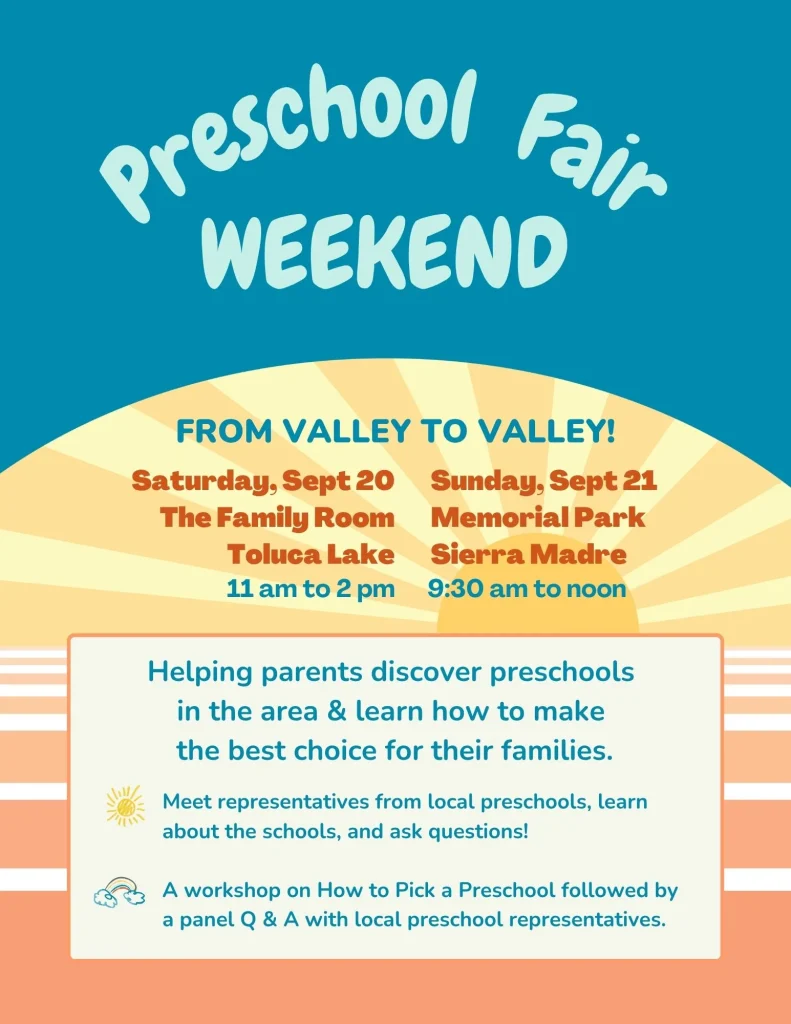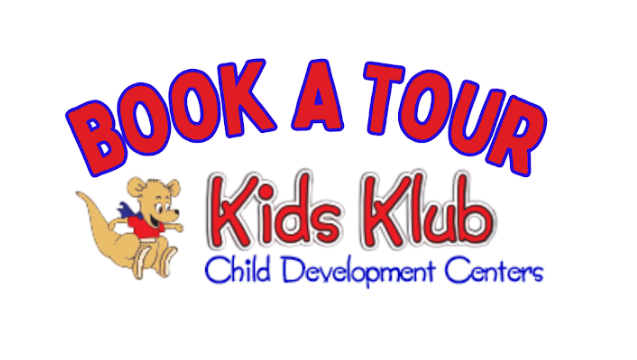
Making the Best Preschool Choice for Your Child
Choosing a preschool is one of the most important decisions parents make in the early years. These first school experiences set the tone for how a child feels about learning, friendships, and self confidence. Dr. Tovah Klein, director of the Barnard College Center for Toddler Development, says, “Preschool is not just preparation for school, it is preparation for life.” With so much at stake, families benefit from looking carefully at many aspects of a program to be sure it is the right fit.
The Environment and Philosophy
The feel of a school environment matters greatly. Classrooms should be inviting, organized, and designed to spark curiosity. Outdoor spaces should give children safe opportunities for exploration and play. Parents should also learn about the school’s philosophy. Is it play based, academically focused, or a blend of both? The best choice is one that matches the family’s values and their child’s personality.
Hours and Flexibility
Every family has different needs. Some parents require early drop off or evening programs because of their work schedules. A school that offers flexible hours can make daily life much less stressful. Families should also ask about vacation schedules and backup care, since consistency is so important for young children.
Structure and Behavior Guidance
Children thrive with routines. A strong preschool provides structure to the day while allowing room for creativity and free play. Parents should ask how teachers guide behavior, handle conflicts, and support social skills. According to the American Academy of Pediatrics, “Positive discipline teaches and guides children, while protecting their self esteem and strengthening the parent child relationship.” This same principle applies in the classroom.
Leadership and Staff
The role of directors and administrators cannot be overlooked. A preschool with experienced leadership that has been in business for many years often provides stability and a well established program. Parents should also ask about staff turnover. Teachers who stay for many years bring consistency and build lasting relationships with families. High staff retention is usually a sign of a supportive environment for both children and educators.
Community Connections
A preschool is not only a place for learning, but also a community hub. Parents may want to ask how the school partners with families and the wider community. Do they hold family events, celebrate milestones, or provide opportunities to connect with other parents? Families can also ask where alumni typically attend elementary school. Some programs have strong reputations for preparing children for selective private schools or competitive public programs.
Recommendations and Reputation
Parent recommendations are one of the most valuable resources. Talking to families who have been part of a school can provide insight into the daily experience that a tour cannot fully capture. Word of mouth often reveals the strengths of a program and areas where it shines in supporting children’s growth.
Making the Best Choice for Your Family
At the end of the day, the right preschool is the one that feels like the best match for your child and your family’s values. Every child is unique, and every family has different needs. As child development expert Dr. Jack Shonkoff of Harvard University explains, “Early experiences shape the architecture of the developing brain.” The preschool years are a powerful opportunity to set the stage for lifelong learning, curiosity, and resilience.
By taking time to look at the environment, philosophy, leadership, structure, flexibility, and community, parents can feel confident that they are making the best choice for their child. The goal is to find a place where children are safe, happy, supported, and excited to come back each day.

